November 18, 2013
Gallery: first images of interior of Apple’s $5 billion campus in California
Following last week’s final sign off of the plans for the new Apple Campus 2 building in northern California, the local council has issued the first interior shots of the new building. The $5 billion Foster and Partners designed campus includes a 2.8 million sq. ft. building and will be home to over 14,000 Apple employees. The late Steve Jobs originally submitted the plans to Cupertino City Council in 2011 claiming they had the potential to be the “best office building in the world”. The building is just 4 storeys high and is designed to have zero net energy consumption thanks to 700,000 sq. ft. of solar panels. As well as the main donut-shaped campus building the site includes extensive parklands, a visitor centre, R&D labs, a corporate auditorium and parking, as shown in the gallery and slideshow below.





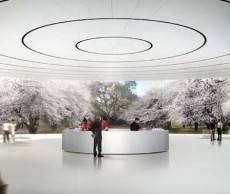

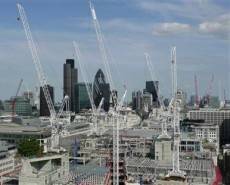
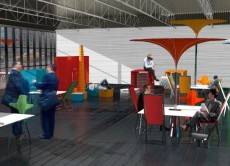
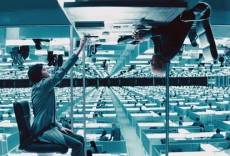

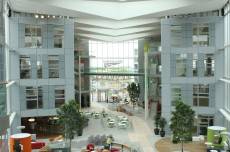












November 18, 2013
Interview: Dave Coplin of Microsoft on Big Data, engagement and culture
by Mark Eltringham • Comment, Technology, Workplace, Workplace design
(more…)